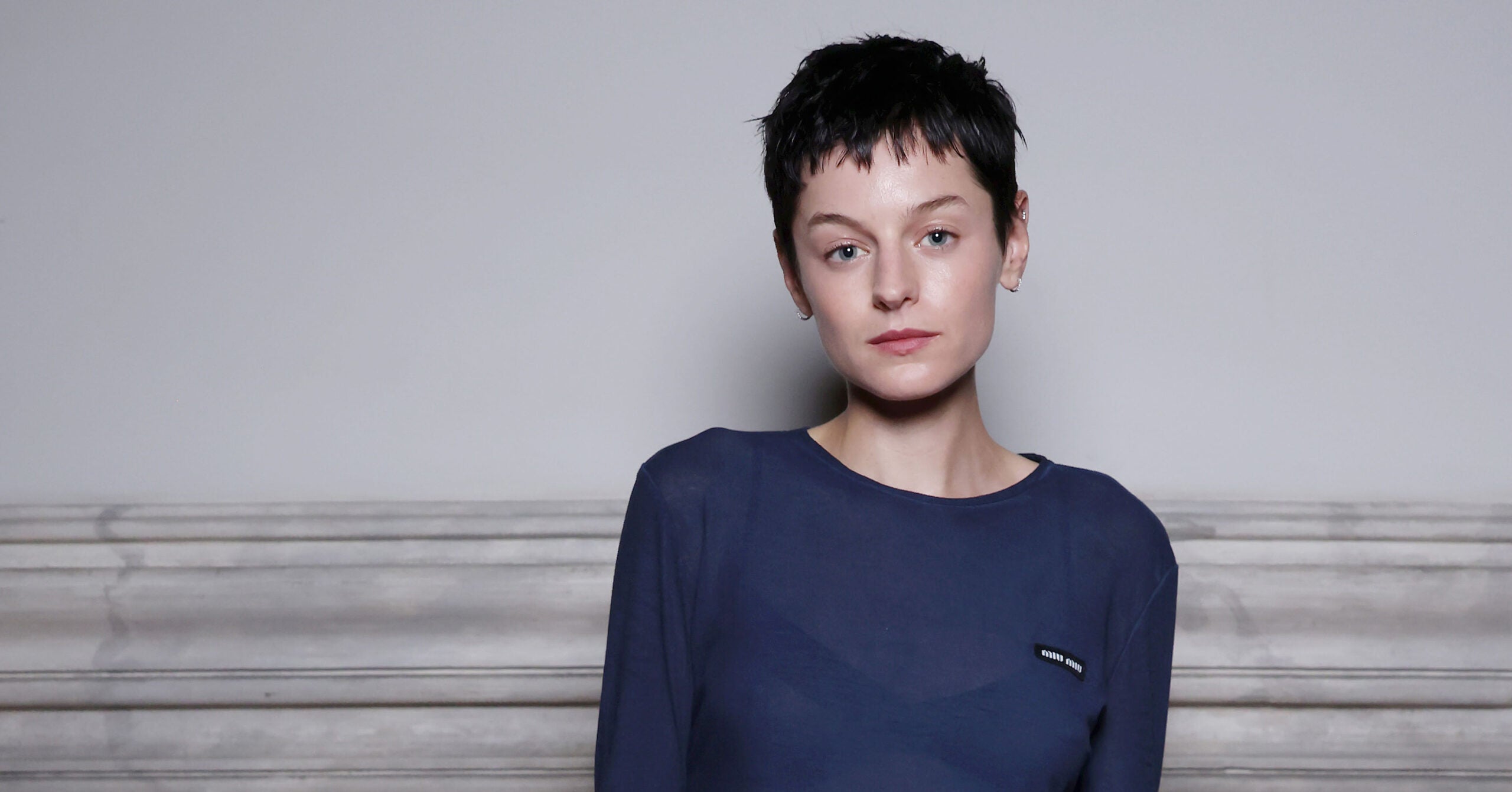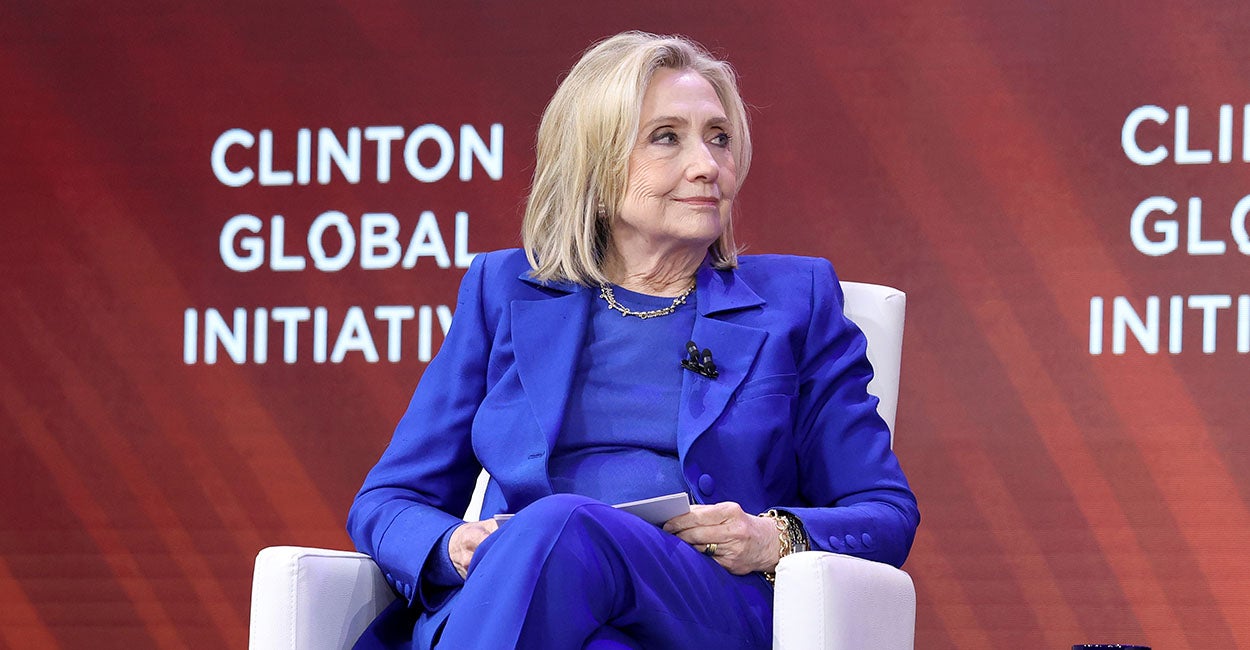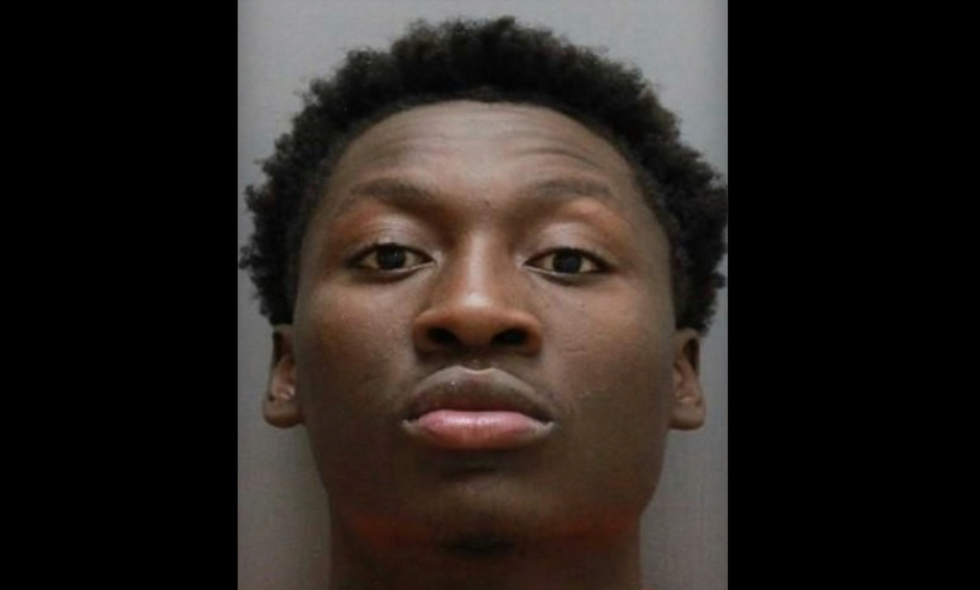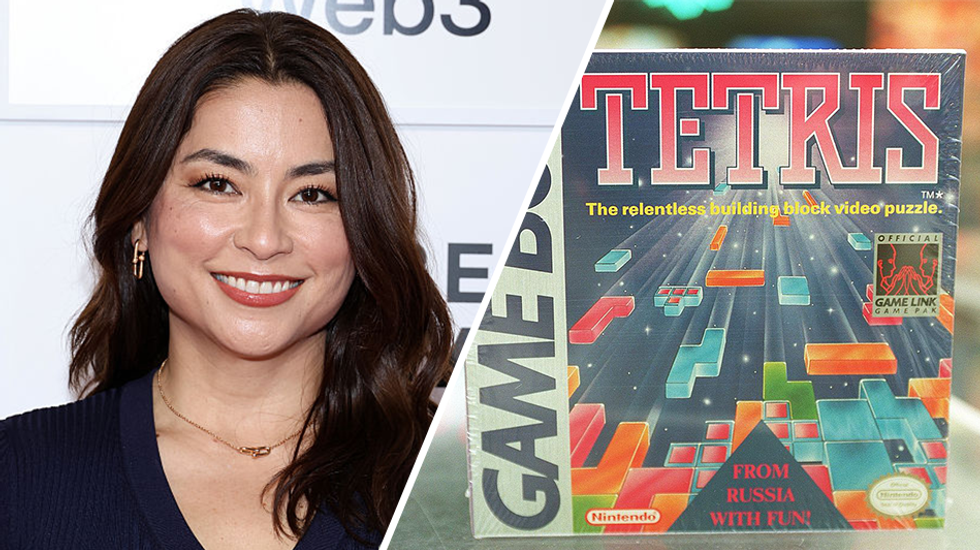Emma Corrin Casting in New ‘Pride and Prejudice’ Adaption Shows How Hollywood Misunderstands Austen

Like Shakespeare producers of yore, who enlisted lithe lads to play Juliet and Ophelia, Netflix hotshots have decided they don’t see gender.
Or they don’t believe gender identity, when mismatched to biological sex, is real.
Take your pick.
But regardless of which scenario, it’s an insult to Jane Austen that the latest adaptation of “Pride and Prejudice” will star an actress who identifies as nonbinary as one of the best, most complicated and insightful female characters of literature.
Emma Corrin, who played Princess Diana in “The Crown,” has been tapped to be the next Elizabeth Bennett in a new Netflix miniseries. Corrin, who updated her pronouns on social media to “her/they” in the summer of 2021 before deciding later she was only OK with “they/them,” has previously posted photos of herself wearing chest binders, fabric designed to flatten a woman’s breasts. (The images appear to have since been deleted from her Instagram.)
“My identity and being nonbinary is an embrace of many different parts of myself, the masculine and the feminine and everything in between,” Corrin said in a glowing 2023 New York Times profile.
OK, then.
But that’s not Elizabeth Bennett.
Of course, actors are not exactly the characters they portray. But nor are they entirely not the characters they portray—and certainly the Left, with its intense focus on the race of actors and characters, has not advocated that anyone can play any character.
Sure, Corrin, who is a woman, whatever her chosen identity, is a preferable choice to a man who now identifies as a woman.
But her casting also drives home the absurd popularity of Jane Austen in the modern world.
Because while Austen defied the norms of her times, writing six beloved novels that dared to treat women’s lives and thoughts as worthy of novelistic scrutiny, she would hardly be at home among today’s leftist activists who see gender as fluid, religious dictates of centuries past as irrelevant, and the demands of family and culture as onerous and absurd.
Instead, Austen’s novels routinely extol morality, common sense, and people who uphold their obligations. Her characters aren’t off chasing dreams and finding themselves. If anything, she’s often warning of the dangers of being led exclusively by your emotions, of chasing fleeting feelings. Marianne Dashwood, a wonderful and emotional young woman featured in “Sense and Sensibility,” has a character arc that is grounded in her learning to not be overly emotional.
As she recovers from a long illness toward the end of the book, Marianne confides in her sister Elinor that now that she has had time for “serious reflection,” she has regretted how she fell for a man who was revealed to have seduced outside of marriage another young woman—an action that Austen, who seems a fustier type than her modern day disciples, clearly disapproved of.
Marianne reflects (emphasis mine):
I considered the past: I saw in my own behaviour, since the beginning of our acquaintance with him last autumn, nothing but a series of imprudence towards myself, and want of kindness to others. I saw that my own feelings had prepared my sufferings, and that my want of fortitude under them had almost led me to the grave. My illness, I well knew, had been entirely brought on by myself by such negligence of my own health, as I had felt even at the time to be wrong. Had I died,–it would have been self-destruction.
In “Pride and Prejudice” itself, a key plot line is about a man, George Wickham, seducing one of Elizabeth Bennett’s sisters, Lydia, and his initial reluctance to marry her after the seduction. Elizabeth is horrified by both Wickham and her sister’s behavior: “Elizabeth could bear it no longer. She got up and ran out of the room,” writes Austen describing the scene where Lydia and Wickham, just married after a short cohabitation, merrily greet all their family members.
Hardly an open-minded character embracing free love, that Elizabeth Bennett.
If the point of the modern world is to throw off all shackles—even the biological ones knit into our very DNA and being—it makes it even more curious how hungrily both Hollywood and audiences are to devour Austen adaptions, which are turned out at a brisk clip. Their faithfulness to both the text and the spirit of the originals vary, of course. But it is hard to rejigger Austen’s novels so completely that you lose entirely the sense permeating them of the demands of God and society.
“We are delighted to be sharing this beloved British classic with our global audience. Pride and Prejudice is the ultimate romantic comedy,” Netflix executive Mona Qureshi said in a statement. “[Executive producer] Dolly’s [Alderton] fierce intelligence and enormous heart, twinned with her genuine love of the Austen novel, means she is able to bring new insights, whilst celebrating all that the generations of fans hold so dear.”
But will they be celebrating what generations of fans love about “Pride and Prejudice”?
And if you believe it’s the “ultimate romantic comedy,” why cast a woman who disregards her own femininity? What drives the great romantic comedies is the tension between men and women, and the slow, satisfying path to happiness as both main characters learn to compromise and even like and admire their loved one’s unique qualities.
Jane Austen has much to teach the modern world, particularly about the joy and fulfillment that come by leaning into the obligations of your state in life. Unfortunately for us, her adaptors seem determined to not hear.
The post Emma Corrin Casting in New ‘Pride and Prejudice’ Adaption Shows How Hollywood Misunderstands Austen appeared first on The Daily Signal.
Originally Published at Daily Wire, Daily Signal, or The Blaze
What's Your Reaction?
 Like
0
Like
0
 Dislike
0
Dislike
0
 Love
0
Love
0
 Funny
0
Funny
0
 Angry
0
Angry
0
 Sad
0
Sad
0
 Wow
0
Wow
0













































































